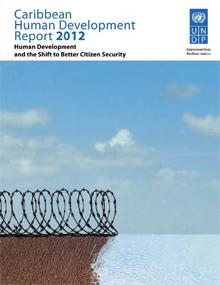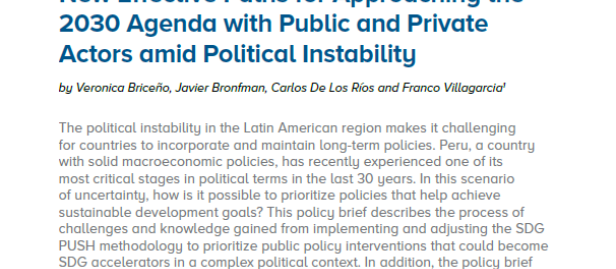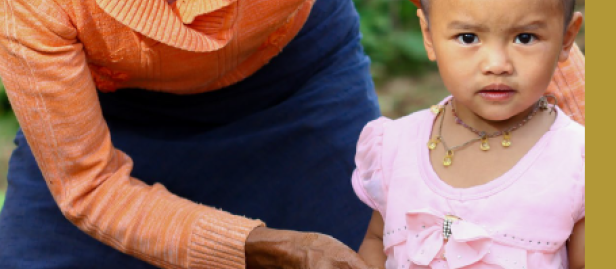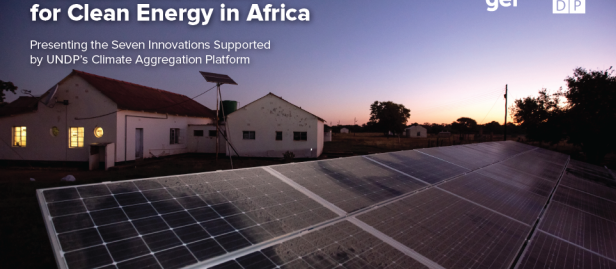Caribbean Human Development Report 2012
Caribbean Human Development Report 2012
October 30, 2013
Crime has become one of the main challenges threatening economies and livelihoods in Caribbean countries, but the right mix of policies and programmes can halt the problem, according to the Caribbean Human Development Report 2012.
“Violence limits people’s choices, threatens their physical integrity, and disrupts their daily lives,” said UNDP Administrator Helen Clark at the report’s launch ceremony with Trinidad and Tobago Prime Minister Kamla Persad-Bissessar and UNDP Regional Director for Latin America and the Caribbean Heraldo Muñoz.
“This report stresses the need to rethink our approaches to tackling crime and violence and providing security on the ground. We need to follow approaches that are centered on citizen security and address the causes of this recent increase in violent crime, including social, economic, and political exclusion,” Helen Clark said.
The Caribbean Human Development Report reviews the current state of crime as well as national and regional policies and programmes to address the problem in seven English- and Dutch-speaking Caribbean countries: Antigua and Barbuda, Barbados, Guyana, Jamaica, Saint Lucia, Suriname, and Trinidad and Tobago.
Key recommendations from the Report
- High rates of violent crime can be turned around by achieving a better balance between legitimate law enforcement and preventive measures, with a stronger focus on prevention;
- Governments should create or invest more in units to address gender-based violence and adopt more preventive measures to ensure that violence against girls and women is no longer tolerated
- Because crime harms social cohesion, Caribbean nations must better address youth violence and street gangs, whose crimes are rarely prosecuted
- Public security requires community collaboration

 Locations
Locations





